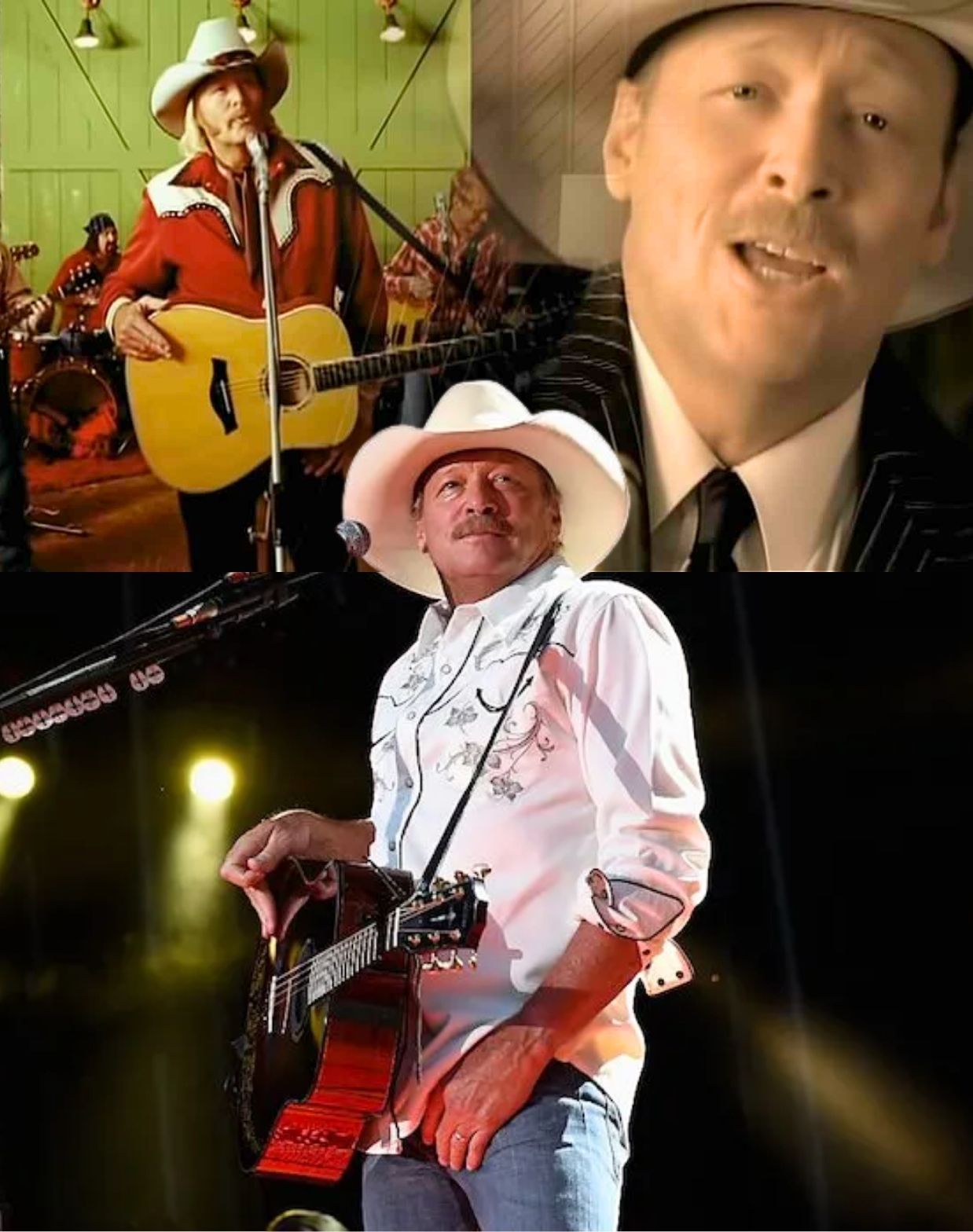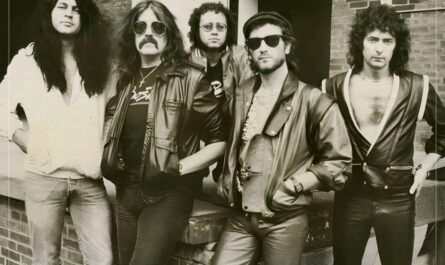Polyphia guitarist Tim Henson recently shared his perspective on classical music training versus learning by ear. He criticized the rigid structure of classical education in an interview with Guitar World.
Tim Henson discussed how his early classical violin training affected his relationship with music. He also explained why he advocates for learning guitar by ear.
“I started playing violin. Before I started playing guitar, I started playing at the age of three. I can sight-read violin pretty well,” Henson said. “When it comes to reading sheet music for guitar, I don’t even really know where all the notes of the guitar are because I learned to play by ear, and because, for me, violin was so rigid, and it kind of killed any sort of love for music.”
Henson explained how classical training impacted his passion for music. He described how it led him to seek an alternative approach.
“It made me hate music. Because, especially in classical music, you’re essentially just doing cover songs all the time,” he continued. “There’s no room for creativity. And when I picked up the guitar at 10, I saw it as an escape from that.”
The guitarist concluded with advice for aspiring musicians. He emphasized the importance of ear training over traditional methods.
“For the young guitar players who want to play guitar, learn it by ear,” Henson said. “Just learn everything that you can by ear.”
Henson’s unconventional approach to music education reflects a broader journey marked by both rejection and determination. This journey ultimately shaped his unique musical identity.
Guitar World reported that Henson faced rejection from Berklee College of Music. The institution is famous for producing guitar legends like Steve Vai and John Scofield. Rather than viewing this setback as a failure, Henson used it as motivation to pursue his own path with renewed focus on his band.
“There was a week of depression, but after that, it was just like, ‘Okay, fuck college. Let’s do this band for real’,” he revealed. His response demonstrates how rejection can sometimes redirect artists toward their true calling.
Henson’s musical transformation also involved breaking away from early social pressures that influenced his instrument choices. AAPI Musicians noted that he dropped out of school orchestra in sixth grade to fit in better with his peers. He traded the violin for the guitar and skateboards. This pivotal decision marked a turning point in his musical identity. It allowed him to explore creativity outside the constraints of formal classical training.
His advocacy for ear training extends beyond personal preference to practical advice for aspiring musicians. Guitar World revealed that while Henson acknowledges that tabs can be helpful to double-check difficult parts, he maintains that “learning it by ear is going to be the most important thing for any musician.” This philosophy has clearly served him well. Polyphia has gained recognition for their innovative approach to progressive rock and metal.





